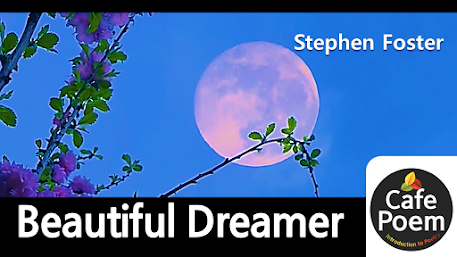To My Dear and Loving Husband
If ever two were one, then surely we.
If ever man were loved by wife, then thee;
If ever wife was happy in a man,
Compare with me, ye women, if you can.
I prize thy love more than whole mines of gold,
Or all the riches that the East doth hold.
My love is such that rivers cannot quench,
Nor ought but love from thee give recompense.
Thy love is such I can no way repay.
The heavens reward thee manifold, I pray.
Then while we live, in love let’s so persever[e]
That when we live no more, we may live ever.
Enjoy the poem with beautiful music.
Poem Video👇
Who wrote the poem "To My Dear and Loving Husband"
Anne Bradstreet (March 20, 1612 – September 16, 1672)
Anne Bradstreet was the first female poet in
British North American colonies who had her works published. Born to a wealthy
Puritan family in Northampton, England, she was well educated in history, literature,
and several foreign languages from the early childhood. She was married to
Simon Bradstreet at the age of 16, and the couple and her parents moved to
America with the Puritan emigrants in 1630 and settled in Cambridge,
Massachusetts. Her husband and her father played an important role in the establishment
of Harvard. As a mother of 8 children and the wife and daughter of public
officials, she wrote poetry while attending her other duties. The themes of her
works include love, nature, Puritan faith, and community. She was also a
feminist and free thinker. She died of tuberculosis at the age of 60.
"To My Dear and Loving Husband" explanation
In the poem, the speaker (the poet herself)
expresses her deep and genuine love and gratitude for her husband. She declares
no other materialistic things or relationships can be compared to their
relationship and their feelings for each other. Based upon her Puritan belief,
she expects their love to live forever in the heaven after death. This romantic
love poem gives the reader an inspiration as to true conjugal love in this day
and age where so many marriages fail.










